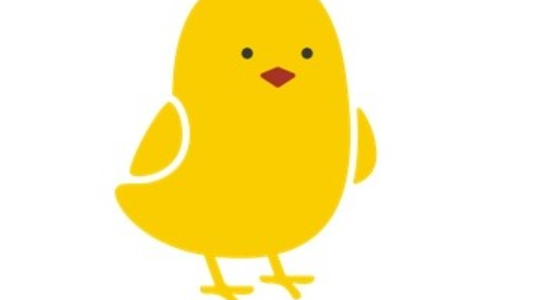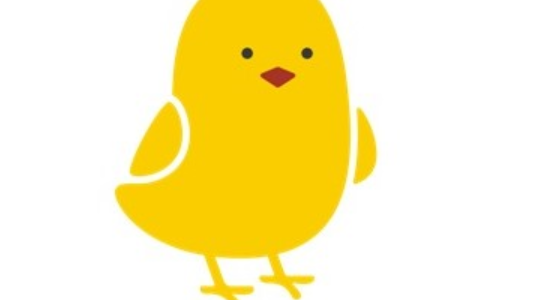
Even as Indian government and Twitter are involved in a spat, the social media platform’s desi rival, Koo, seems to making some strong moves on its financial side.
According to a press release from Koo, it has raised $30 million in Series B funding, led by Tiger Global along with existing investors Accel Partners, Kalaari Capital, Blume Ventures and Dream Incubator.
IIFL and Mirae Assets are other new investors who have come on board the cap table with this round, the company added.
Koo intends to use the fresh round of funding to strengthen engineering, product and community efforts across all Indian languages.
Koo still to make a major mark
Koo has reportedly garnered nearly 6 million downloads in its first year of operations. But in general, it is seen as belonging to the Right Wing ecosystem in India, and also backed by the biggies in the Indian government, including Union Ministers. It came into limelight during the last flashpoint between the government and Twitter. But after the initial flurry of activity, Koo has not created much splash. But this new round of funding may give it the impetus for the next big leap.
Aprameya Radhakrishna, Co-Founder and CEO of Koo, was quoted as saying, “We have aggressive plans to grow into one of the world’s largest social media platforms in the next few years. Every Indian is cheering for us to get there soon. Tiger Global is the right partner to have on board to realize this dream.”
Meanwhile, even as Twitter and Facebook are still to meet the Indian government guidelines for social media intermediaries, Koo has complied with the requirements of the said law.
Koo has also implemented a due diligence and grievance redressal mechanism supported by an Indian resident Chief Compliance Officer, Nodal Officer and Grievance Officer.
The Ministry of Electronics and Information Technology (MeITY) had announced its draft Information Technology (Intermediary Guidelines and Digital Media Ethics Code) Rules, 2021, for social media platforms in February last.
